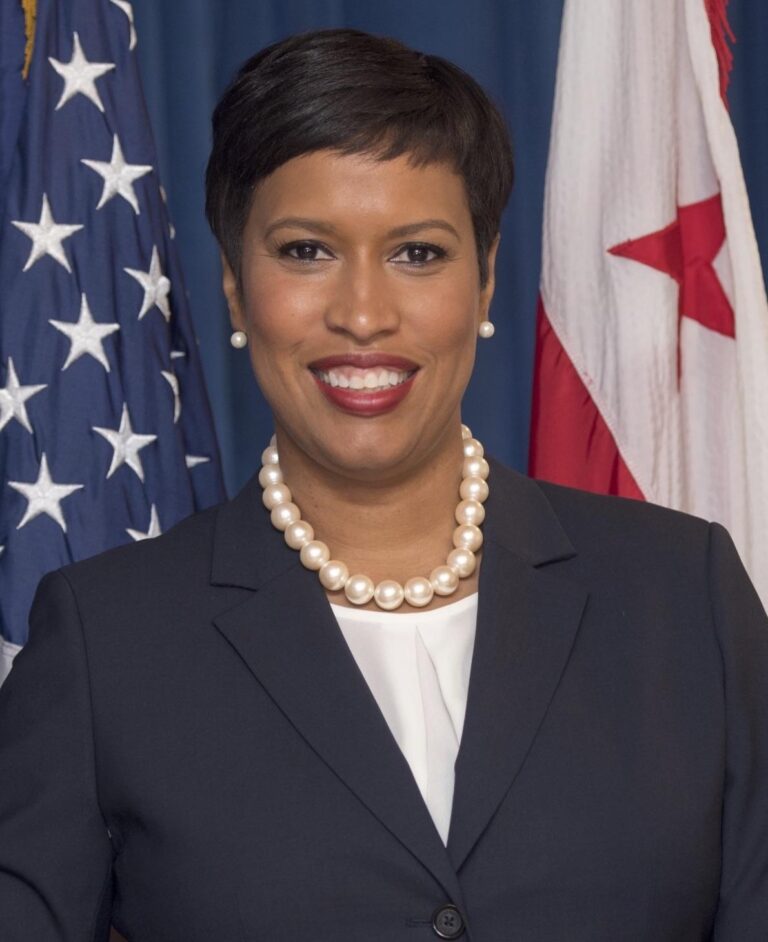Washington D.C. Statehood Debate Revitalized Amid Federal Intervention Concerns
Capitol Security Breach Sparks Renewed Calls for D.C. Statehood
The recent security breach at the U.S. Capitol has intensified the ongoing discussion regarding Washington D.C.’s political status. Mayor Muriel Bowser highlighted that the incident revealed significant weaknesses in the capitalŌĆÖs security framework, reinforcing the argument for granting D.C. full statehood. She contends that only by becoming the 51st state can the cityŌĆÖs residents secure comprehensive representation and authority to protect their community and actively engage in federal governance.
Mayor Bowser emphasized several critical issues:
- Absence of Voting Representation: Despite paying federal taxes, D.C. residents lack voting members in Congress.
- Restricted Local Authority: Congressional approval is required for many local laws and budget decisions, limiting self-rule.
- Security Management Challenges: Statehood would enable local officials to take a leading role in coordinating security efforts.
| Current Status | Benefits of Statehood |
|---|---|
| No voting representative in the House | Two voting senators and one voting representative |
| Local laws require Congressional approval | Independent local governance without federal interference |
| Limited budget and security control | Full control over resources and enhanced security capabilities |
Examining the Effects of Federal Oversight on Washington D.C.
Federal dominance over D.C.ŌĆÖs governance continues to raise concerns about democratic fairness and local independence. When federal authorities override decisions made by the cityŌĆÖs elected officials, it diminishes the principle of self-determination that many residents and advocates demand. Critics argue this outdated system treats the capital as a federal enclave rather than a thriving community deserving full political participation.
The consequences of this federal control are multifaceted:
- Emergency Response Coordination: Federal oversight can delay collaboration between local and federal agencies during crises.
- Budgetary Constraints: Congressional control over the budget restricts funding for programs tailored to local priorities.
- Political Disenfranchisement: Residents pay federal taxes but lack voting representation in Congress, fueling the push for statehood.
| Challenge | Effect |
|---|---|
| Congressional Oversight | Limits local legislative power |
| Federal Budget Control | Restricts funding for essential services |
| Absence of Voting Rights | Denies residents full political voice |
Growing Momentum for Equal Representation and Autonomy in D.C.
The recent federal interventions, particularly during the Trump administration, have reignited passionate debates about Washington D.C.ŌĆÖs lack of full voting rights and self-governance. Advocates argue that the current system silences nearly 700,000 residents, leaving the city in a political limbo. Local officials and activists stress the critical need for statehood, citing D.C.ŌĆÖs unique cultural identity, significant economic contributions, and the foundational American principle of ŌĆ£no taxation without representation.ŌĆØ This movement has gained traction among lawmakers who view statehood as both a political necessity and a civil rights issue.
Proponents of statehood have outlined key proposals:
- Full Congressional Representation: Granting D.C. residents voting members in both the House and Senate.
- Local Autonomy: Eliminating congressional oversight of the cityŌĆÖs budget and laws to enable independent policymaking.
- Balanced Federal District Boundaries: Defining a federal district that protects national landmarks without disenfranchising residents.
| Issue | Current Condition | Proposed Change |
|---|---|---|
| Voting Rights | No voting senators; one non-voting House delegate | Two voting senators; one voting House representative |
| Budget Authority | Requires Congressional approval | Local control without federal interference |
| Federal District Boundaries | Entire city designated as federal district | Reduced federal district encompassing key landmarks only |
Strategic Policy Steps Toward Washington D.C.ŌĆÖs Statehood
For Washington D.C. to transition smoothly into the 51st state, coordinated efforts between federal and local governments are essential to establish a clear legislative framework ensuring equal representation and self-rule. Central to this process is granting full voting rights in Congress to D.C. residents and empowering local governance with authority on par with other states. This transformation would address long-standing democratic inequities and amplify the cityŌĆÖs political influence nationally.
Additional policy recommendations include:
- Redefining Federal Jurisdiction: Clearly delineating which areas remain under federal control versus local governance.
- Allocating Congressional Seats: Creating a streamlined process for assigning D.C. its rightful representation in the House and Senate.
- Public Awareness Initiatives: Launching educational campaigns nationwide to build support for D.C. statehood.
- Economic Incentives: Providing funding and resources to support the cityŌĆÖs expanded infrastructure and public services as a state.
| Focus Area | Policy Goal | Anticipated Result |
|---|---|---|
| Representation | Full Congressional Voting Rights | Equal participation in federal governance |
| Governance | Local Autonomy | Greater self-determination and policy control |
| Public Engagement | Educational Campaigns | Increased national awareness and support |
| Economic Development | Infrastructure Funding | Enhanced state services and growth |
Conclusion: The Ongoing Quest for D.C.ŌĆÖs Political Recognition
Mayor Muriel BowserŌĆÖs recent statements have brought renewed focus to the enduring debate over Washington D.C.ŌĆÖs political representation and autonomy. As momentum builds around the prospect of D.C. becoming the 51st state, the discussion raises fundamental questions about democracy, governance, and the distribution of power within the United States. Regardless of the outcome, the issue remains central to the broader conversation about the rights and recognition of the cityŌĆÖs residents in the nationŌĆÖs capital.







